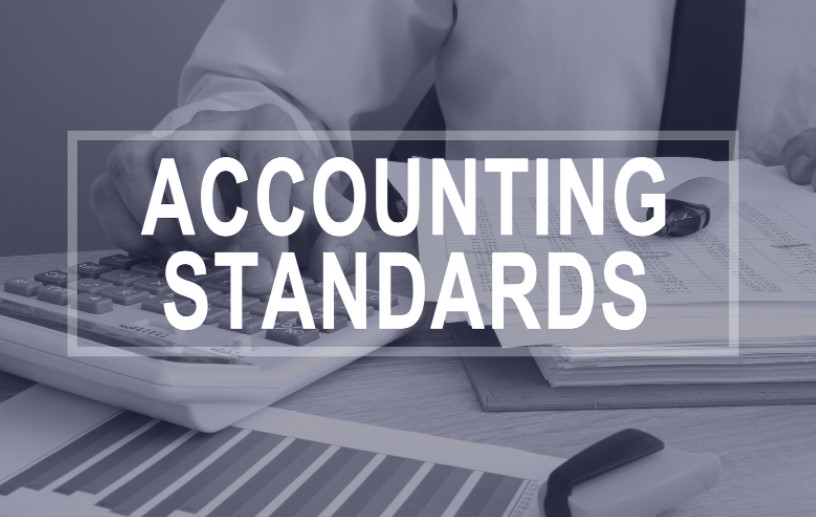When you open a company in China, one of the most important things about its operations and compliance is following the right accounting standards. China deviated from the standard International Financial Reporting Standards (IFRS) and is in favor of the Chinese Accounting Standards (CAS). For a new company coming to China, CAS can be pretty challenging. This brings us to the big question, “How do you apply CAS correctly in your company?”
What is the Chinese Accounting Standards (CAS)?
Also referred to as the Chinese Generally Accepted Accounting Principles, the Chinese Accounting Standards (CAS) is a framework that all companies incorporated in China have to follow. The rules are broken down into two major categories:
- The Accounting Standards for Small Business Enterprises (ASSBEs0.
- Accounting Standards for Business Enterprises (ASBEs).
The SBEs that are in use today were created in 2006 and come very close to the International Financial Reporting Standards (IFRS). However, many foreigners still find their rules challenging and prefer to work with firms of experts. Remember that the base currency for all financial reports and the ledgers in China is RMB.
When you decide to register a company in China, it is important to have accounting as part of the things that must be done right. Failure to follow CAS can result in severe penalties.
Differences between CAS and IFRS
Although IFRS and CAS share so much in common, they feature remarkable differences, and it is important to note them. Let’s highlight a few:
- CAS comes with more detailed rules compared to IFRS when you are dealing with items considered common in China. One of these items include company mergers when the two businesses coming together are under one entity. IFRS does not indicate how you should handle that, but CAS requires that comparable figures must be restated.
- When it comes to fixed assets valuation, accountants are allowed to select the preferred method depending on the nature of assets when using IFRS. However, CAS only provides for one method of fixed assets valuation: historical costs.
- On implementation of new changes recommended by the International Accounting Standards Board (IASB) or other international bodies, IFRS reflects the adjustments immediately. However, CAS takes more time because the changes are first reviewed by the Ministry of Commerce (MOFCOM). Indeed, it is not automatic that the changes that the adjustments are going to be effected.
Work with Accounting Professional to Comply with CAS Standards
There are minor differences between CAS and IFRS, but you cannot afford to ignore them. The best way to get everything right is by outsourcing accounting services in China. When you bring on board an agency of experts, there is no need to worry anymore about CAS because the books will be handled correctly. Here are other benefits to anticipate for outsourcing accounting services:
- Your books of accounts are handled by top accountants in China.
- Helps to cut down costs associated with accounting.
- You are sure of complying with the latest policies on CAS.
- The professionals you bring on board can come in handy to help with company strategy formulation.
- A good firm of experts can also help you to identify new opportunities for growth and how to exploit them.
Whether your company is new or has been in operation for some time in China, it has to strictly adhere to all policies set out by different government departments. As we have demonstrated, some of the policies, such as following the Chinese Accounting Standards (CAS) are never easy. However, working with experts can help you to comply with all the laws and avoid penalties for non-compliance. Reach out to Hawksford for all the assistance you want with accounting, plus other executive functions like payroll management and filing tax returns.

